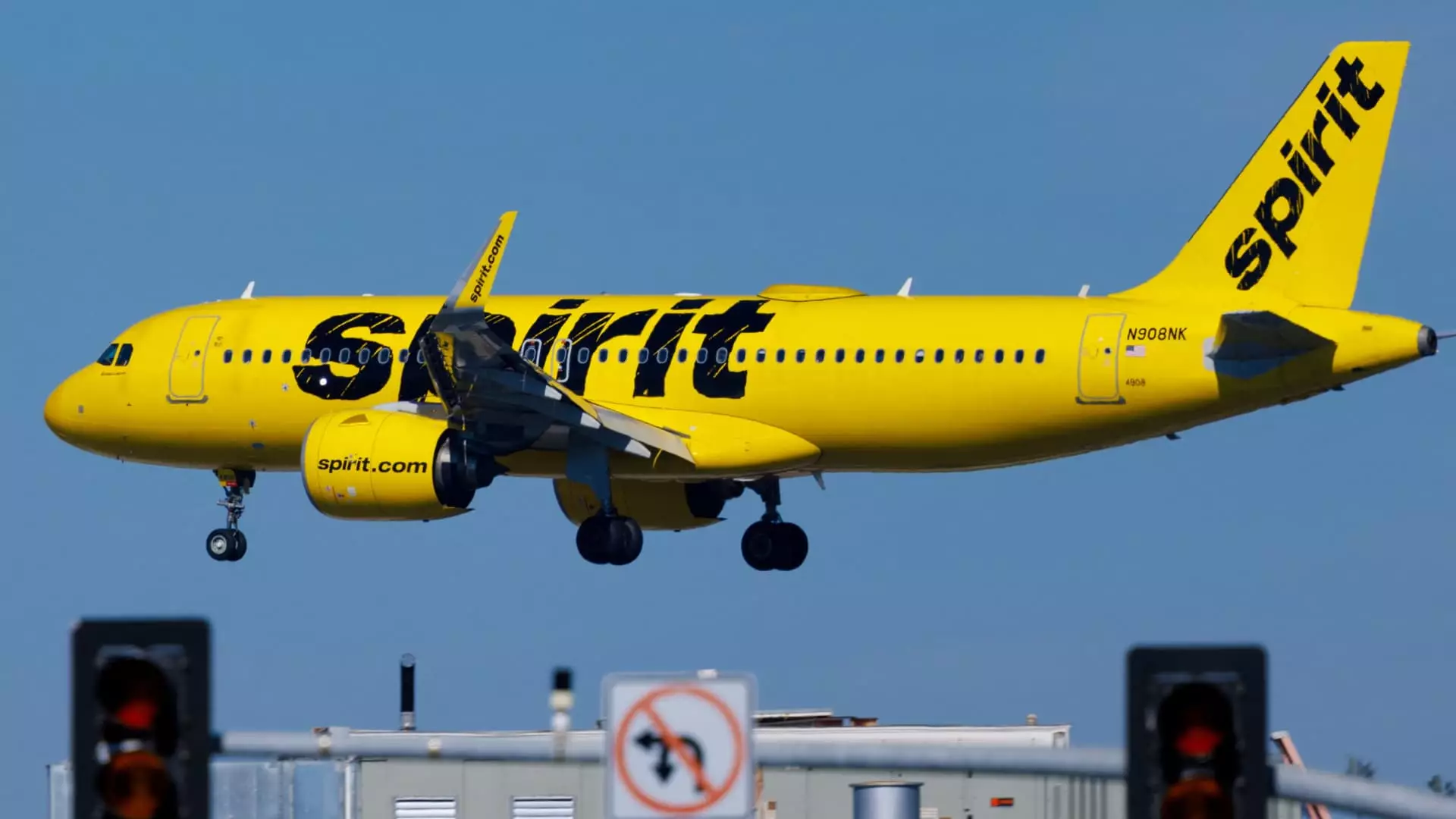In a surprising move for the budget airline industry, Spirit Airlines has announced plans to offer a range of ticket packages that include perks traditionally offered as add-ons for an additional fee. This strategy reflects the carrier’s efforts to boost revenue amidst a challenging operating environment that includes increased competition, engine recalls, and market oversupply.
Introducing “Go Big,” “Go Comfy,” “Go Savvy,” and “Go”
Starting next month, Spirit Airlines will introduce four categories of service designed to cater to different traveler preferences. The “Go Big” ticket package will feature a spot in the airline’s spacious Big Front Seats, along with complimentary Wi-Fi, a checked bag, cabin luggage, and unlimited snacks and drinks, including alcoholic beverages. Below “Go Big” is “Go Comfy,” which offers a standard seat with additional legroom due to a blocked middle seat. This package includes early boarding, a snack, a non-alcoholic beverage, and checked baggage and a carry-on. “Go Savvy” fares will provide travelers with a choice between a checked bag or a carry-on, while “Go” offers the basic seat with optional add-ons at an additional cost.
As Spirit Airlines seeks to expand its customer base and increase revenue, it is positioning itself to compete with larger carriers that cater to both cost-conscious and premium travelers. By offering packages that provide a more upscale flying experience, Spirit aims to attract passengers who are willing to pay for added comfort and amenities. This strategic shift comes in response to the realization that the airline was losing out on market share to competitors offering a wider range of ticket options.
Challenges and Opportunities
Despite these ambitious plans, Spirit Airlines faces significant challenges in the current economic climate. The airline recently reported a wider-than-expected loss, attributed in part to lower-than-anticipated nonticket revenue from fees. In addition, the carrier has cautioned pilots about possible furloughs in the near future, highlighting the financial pressures facing the company. However, Spirit is not alone in its efforts to enhance its premium offerings; other airlines, such as Southwest and Frontier, are also exploring new ways to attract customers willing to pay for upgraded services.
The evolving landscape of the airline industry suggests a shift towards a more diverse range of ticket options and services, even among budget carriers like Spirit Airlines. By adapting its business model to appeal to a broader segment of travelers, Spirit is positioning itself for growth and sustainability in a competitive market. As the demand for personalized and flexible travel experiences continues to rise, budget airlines must innovate and differentiate themselves to remain viable in the long term.
Spirit Airlines’ decision to introduce new ticket packages represents a significant departure from its traditional no-frills approach to air travel. By offering passengers a choice of amenities and services bundled with their tickets, Spirit is aiming to attract a wider range of customers and generate additional revenue. While the success of this strategy remains to be seen, it underscores the need for airlines to adapt to changing consumer preferences and market dynamics in order to thrive in an increasingly competitive industry.

